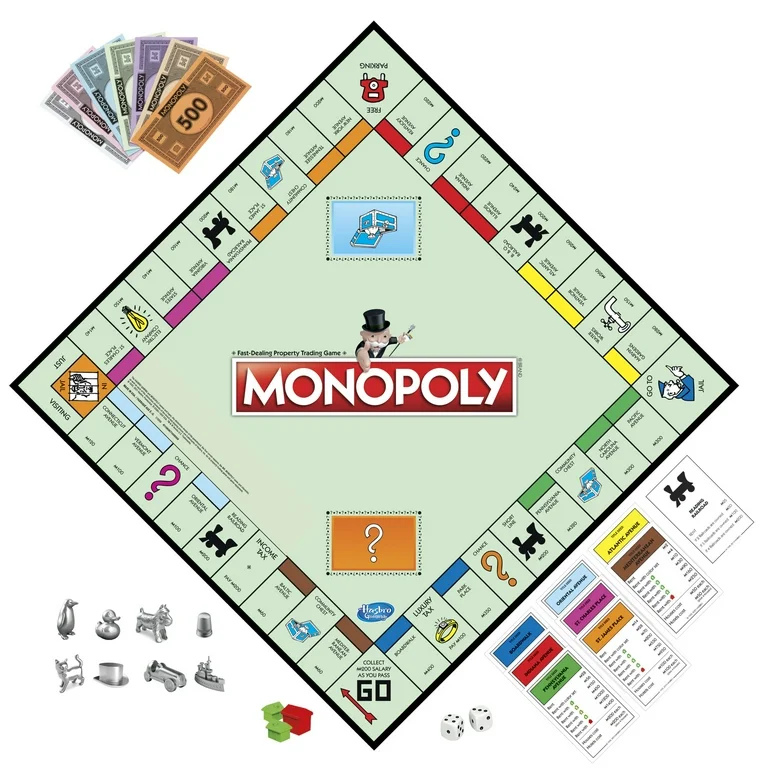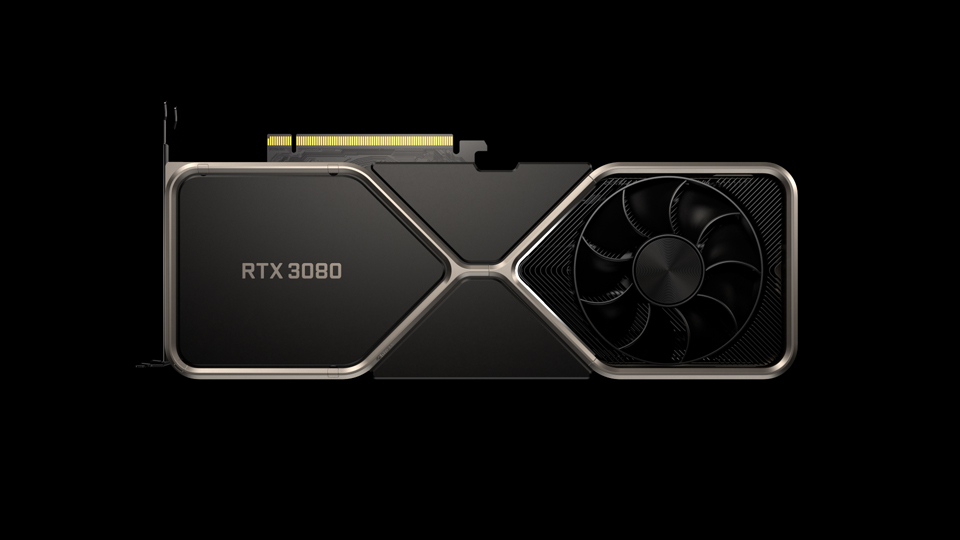Strategically playing Monopoly involves making informed decisions about property acquisition, trading, and cash management.
Here are the key principles:
Table of Contents
1. Property Prioritization
The properties you own greatly influence your chances of winning.
Some properties are more strategically advantageous due to their location, cost, and rent potential.
High-Priority Properties
- Orange Properties (St. James Place, Tennessee Avenue, New York Avenue):
- These properties are landed on frequently, as they are just after Jail (a common stopping point).
- Their building costs are moderate, and the rent with houses/hotels is lucrative.
- Light Blue Properties (Oriental Avenue, Vermont Avenue, Connecticut Avenue):
- Affordable to purchase and build on.
- Landed on often early in the game.
- Good for steady cash flow without high upfront investment.
- Red Properties (Kentucky Avenue, Indiana Avenue, Illinois Avenue):
- High traffic due to their proximity to the orange properties and community chest/chance cards.
Medium-Priority Properties
- Yellow Properties (Atlantic Avenue, Ventnor Avenue, Marvin Gardens):
- Decent rent and building costs, but slightly less visited compared to orange/red.
- Pink Properties (St. Charles Place, States Avenue, Virginia Avenue):
- Cheap to acquire but provide moderate returns. Useful in the early game.
Lower-Priority Properties
- Green Properties (Pacific Avenue, North Carolina Avenue, Pennsylvania Avenue):
- Expensive to buy and build on; players often lack the cash to develop them early.
- Dark Blue Properties (Park Place, Boardwalk):
- Extremely expensive to develop, and while rent is high, they are infrequently landed on.
- Railroads:
- A good investment early game. Owning all four can generate significant steady income. Aim to trade for them if possible.
- Utilities:
- Generally low priority unless acquired cheaply. Their income is inconsistent and not as high as other investments.
2. Cash Management
Proper cash management ensures you can stay in the game, pay rent, and invest when opportunities arise.
Keep a Cash Reserve
- Always keep enough cash to pay rent on high-value properties.
- Avoid overbuilding. Houses and hotels tie up cash and make you vulnerable to bankruptcy.
Mortgage Properties Strategically
- If you’re low on cash, mortgage less valuable properties that aren’t part of a monopoly.
- Keep your monopolies active, as they are your primary income source.
Invest Wisely
- Focus on building houses rather than hotels. The return on investment diminishes with hotels.
- Three houses on a property offer the best balance between cost and rent returns.
3. Trading Strategy
Trading is essential to secure monopolies and maximize your income.
- Make Early Trades:
- Aim to complete a monopoly early in the game by trading less important properties.
- Offer cash or railroads/utilities as leverage to acquire key properties.
- Evaluate Trades:
- Avoid trades that give your opponents the ability to complete a stronger monopoly.
- Try to get monopolies in high-traffic areas (orange, red, or light blue).
4. Jail Strategy
- Early Game:
- Pay to get out of jail. Being active on the board allows you to acquire properties.
- Late Game:
- Stay in jail if you own monopolies. Rounding the board to acquire investments or pass Go for income is less important late game than early game. You’ll collect rent while avoiding the risk of landing on opponents’ properties.
5. Timing and House Scarcity
- There are only 32 houses available.
- Build quickly to create a scarcity of houses, preventing opponents from developing their properties.
6. Psychological Play
- Bluff and negotiate effectively during trades.
- Pay attention to opponents’ financial positions and monopolies. Avoid trades that make them significantly stronger.
General Strategies
1. Early Game Property Acquisition
- Buy Everything You Land On:
- Early in the game, it’s better to own properties than leave them available for others. Even properties of lower value can be traded later.
- Owning multiple colors increases your chances of completing a monopoly through trades.
- Focus on Groups Over Individual Properties:
- Owning 2 or 3 properties in the same color set (even without a monopoly) gives you a head start on future building.
2. Leverage the Trading Game
- Look for Unequal Value Trades:
- If an opponent is desperate for cash or wants to complete a monopoly, offer trades that seem beneficial to them but help you more. For instance:
- Trading for a full set of cheaper properties (like light blue) can outpace their single green or dark blue monopoly in revenue.
- If an opponent is desperate for cash or wants to complete a monopoly, offer trades that seem beneficial to them but help you more. For instance:
- Avoid Giving Away Key Sets:
- Never trade to help opponents complete orange or red monopolies unless it significantly benefits you.
- Use Railroads and Utilities as Bargaining Chips:
- These are less critical to winning but can be valuable trade assets.
3. Exploit the House Shortage
- House Hoarding:
- Build to three houses on as many properties as possible without upgrading to hotels.
- The total number of houses in the game is limited to 32. If you control many houses, other players will struggle to develop their monopolies.
- Timing:
- Plan your building when opponents are cash-strapped or unlikely to develop their properties soon.
4. Understand the Most Visited Spots
- The likelihood of landing on specific spaces can guide your investments:
- Jail-Adjacent Properties:
- Orange properties (St. James, Tennessee, New York) are prime investments since Jail is a frequent stop.
- Go/Income Tax:
- Light blue properties are near the “Go” square, making them popular landing spots early in the game.
- Illinois Avenue:
- This red property is the most frequently landed-on single property due to Chance cards.
- Railroads:
- Landing on railroads is common, making them great passive income generators.
- Jail-Adjacent Properties:
5. Cash Flow Optimization
- Build Incrementally:
- Spread your investment across multiple properties instead of maxing out one. This reduces your risk and increases your chance of collecting rent across the board.
- Prioritize building adjacent monopolies if possible (e.g., orange and red). It increases the odds that opponents will hit one of the properties and can’t skip over them.
- Avoid Overextending:
- Don’t sink all your money into one high-cost monopoly (like green or dark blue). Keep a cash reserve to cover unexpected expenses.
- Generate Passive Income:
- Railroads and monopolies with houses provide consistent rent. These can sustain you while building more lucrative monopolies.
6. Jail Strategy Adjustments
- Mid-Game:
- Consider staying in jail if most properties are already owned and the board is risky (e.g., opponents have developed monopolies).
- While in jail, collect rent on your properties without risk of landing on others’ monopolies.
7. Manage Opponent’s Resources
- Force Opponents into Debt:
- Build strategically to trap opponents in high-rent zones. For example:
- Upgrade orange/red monopolies before their turn if they’re nearby.
- Build strategically to trap opponents in high-rent zones. For example:
- Exploit Mortgaged Properties:
- If opponents mortgage properties, their rent income decreases. Target these players for trades or try to bankrupt them.
- Drain Opponents’ Cash:
- Offer deals or trades that look good but leave them cash-poor, making them vulnerable to your rent demands.
8. Chance and Community Chest Management
- Memorize Card Effects:
- Know which cards exist in the deck (e.g., “Advance to Boardwalk,” “Go to Jail”) to anticipate and plan around their effects.
9. Play to Win, Not Survive
- Be Aggressive:
- In Monopoly, the goal isn’t just survival—it’s dominance. Take calculated risks to secure key monopolies.
- Avoid Stagnation:
- Keep making deals, building properties, and increasing rent potential. Stalling out is a losing strategy.
10. Endgame Strategies
- Consolidate Power:
- By the late game, your goal should be to control the board with multiple high-rent monopolies. Force opponents to land on your properties repeatedly.
- Target Opponents Strategically:
- Focus on bankrupting weaker players to acquire their properties.
- Be opportunistic about trades with stronger players—only agree to trades that improve your board position.
- Bankruptcy Scavenging:
- When another player is bankrupt, watch carefully. Their assets may go to the creditor, so position yourself to benefit indirectly.
11. Psychological Tactics
- Bluffing and Persuasion:
- Act like you’re desperate for a property to lure opponents into giving it up for more valuable assets.
- Downplay the importance of high-value properties you own to avoid becoming a target.
- Distract and Confuse:
- During trades or negotiations, shift attention to less critical properties or minor concessions to secure a bigger advantage.
By focusing on acquiring high-traffic monopolies, maintaining liquidity, and negotiating strategically, you can position yourself for a strong endgame and a higher chance of winning Monopoly.


